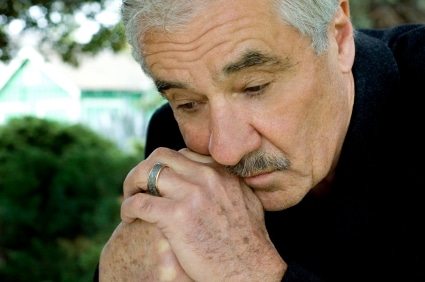Symptoms of Male Menopause Affect the Entire Body Symptoms of male menopause are numerous. That’s because testosterone, the main “male”...

Symptoms of Male Menopause Affect the Entire Body Symptoms of male menopause are numerous. That’s because testosterone, the main “male”...